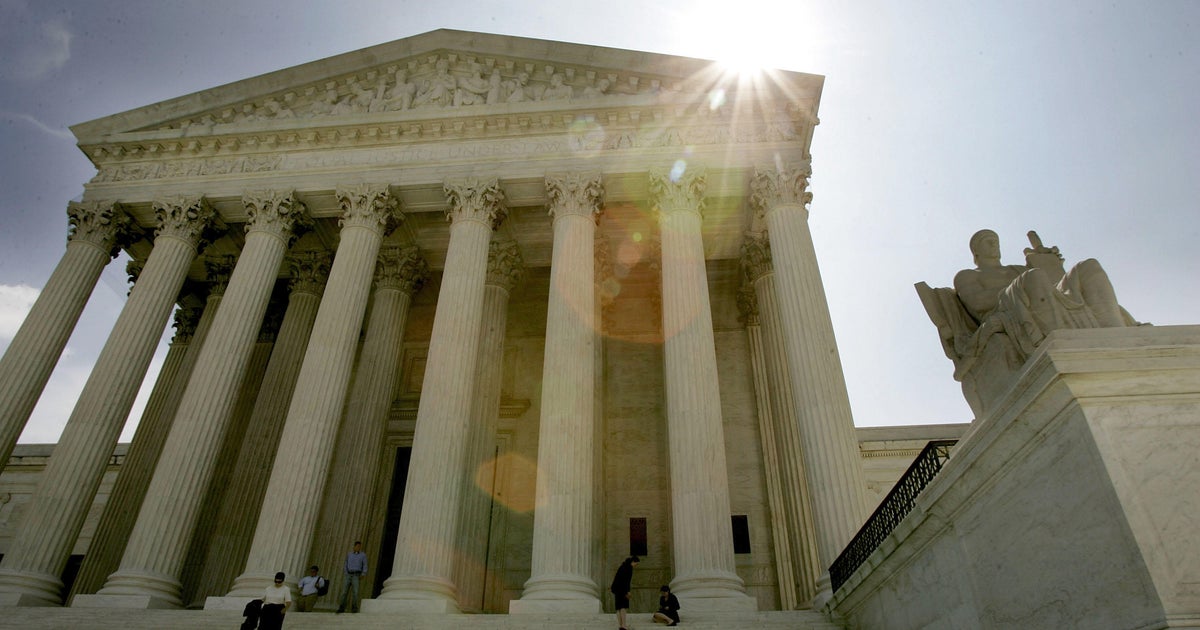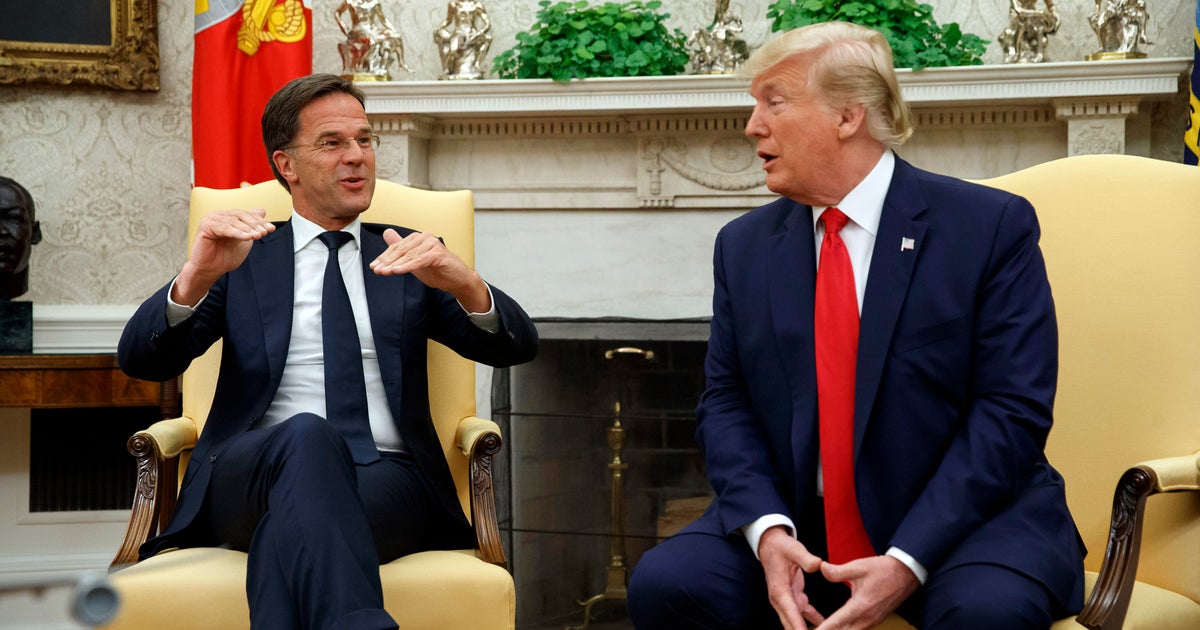Trump claims Justice Dept. sued to add "illegal voters" to the rolls in Virginia. Here's a fact check.
Former President Donald Trump claimed Monday that the Department of Justice was attempting to help Democrats "cheat" on the election by trying to add "illegal voters" to voter rolls in Virginia.
"One of the Greatest Examples of DOJ Weaponization is the fact that they are suing Virginia to put ALL of the Illegal Voters, which were fully exposed and removed by the important work of Governor Glenn Youngkin, back on the Voter Rolls. Obviously, this was done so that they can CHEAT on the Election," Trump wrote on social media.
But he and other Republicans mischaracterized a lawsuit filed by the Justice Department, CBS News' election law expert says.
Trump's statement followed a lawsuit federal prosecutors filed Friday accusing Virginia officials of removing voters from their rolls too close to the general election, in violation of federal election laws.
The National Voter Registration Act, or NVRA, prohibits states from removing voters from registration lists within 90 days of a federal election. Election experts say the 90-day quiet period prevents voters from being disenfranchised by giving them a chance to get back on the registration lists if they were removed in error.
Virginia Gov. Glenn Youngkin, a Republican, signed an executive order that led Virginia to violate the quiet period by doing list maintenance "as recently as late September," the Justice Department alleged. The department has also sued Alabama for violating the NVRA in recent weeks.
Youngkin defended his actions in a statement, saying, "With less than 30 days until the election, the Biden-Harris Department of Justice is filing an unprecedented lawsuit against me and the Commonwealth of Virginia, for appropriately enforcing a 2006 law signed by Democrat Tim Kaine that requires Virginia to remove noncitizens from the voter rolls."
David Becker, executive director of the Center of Election Innovation and Research and CBS News election law contributor, said the Justice Department is enforcing a deadline for voter roll maintenance that election officials have followed for about 30 years.
"Governor Youngkin is correct that the Justice Department needing to sue a state like his so close to an election is 'unprecedented,' but that's because no state has sought to violate this law before this year," Becker said.
GOP House Speaker Mike Johnson also criticized the Justice Department's suit on "Face the Nation with Margaret Brennan" Sunday. He claimed the department sued Virginia officials to "prevent them from cleaning up their voter rolls." The speaker said, "I think noncitizens are going to vote" and argued the DOJ suit was a "case in point."
Voter fraud by noncitizens is very rare, experts have found, and there's no evidence of widespread noncitizen voting in previous elections. After the 2016 election, analysis by the Brennan Center for Justice found 30 cases of suspected noncitizens voting reported by election officials out of 23.5 million votes cast in the 42 jurisdictions reviewed.
Federal law prohibits noncitizens from voting for president or members of Congress. Violators can be fined, imprisoned for up to a year and deported.
The federal government has required states to regularly maintain voter rolls since the passage of the NVRA in 1993. But the law mandates they do so ahead of the 90-day quiet period.
In the months leading up to the Nov. 5 general election, other Republican-led states including Texas have made announcements about their voter roll maintenance, which highlighted potential noncitizens.
Voter maintenance ensures states can remove ineligible voters from their rolls — including those who died or moved out of the state — but sometimes states have identified voters for removal in error. In 2019, Texas faced lawsuits from voting rights groups for mistakenly including naturalized citizens on a list of registered voters flagged for review.
Alice Clapman, senior counsel at the Brennan Center's Voting Rights Program, said she is concerned that routine yearly list maintenance is being presented by some states as evidence that there's a problem with voter rolls that does not exist.
"We're concerned that sort of routine updates that happen every year are being presented in a way that is likely to sow doubts about election accuracy that are just baseless and that have the potential to undermine public trust in election outcomes," said Clapman.



